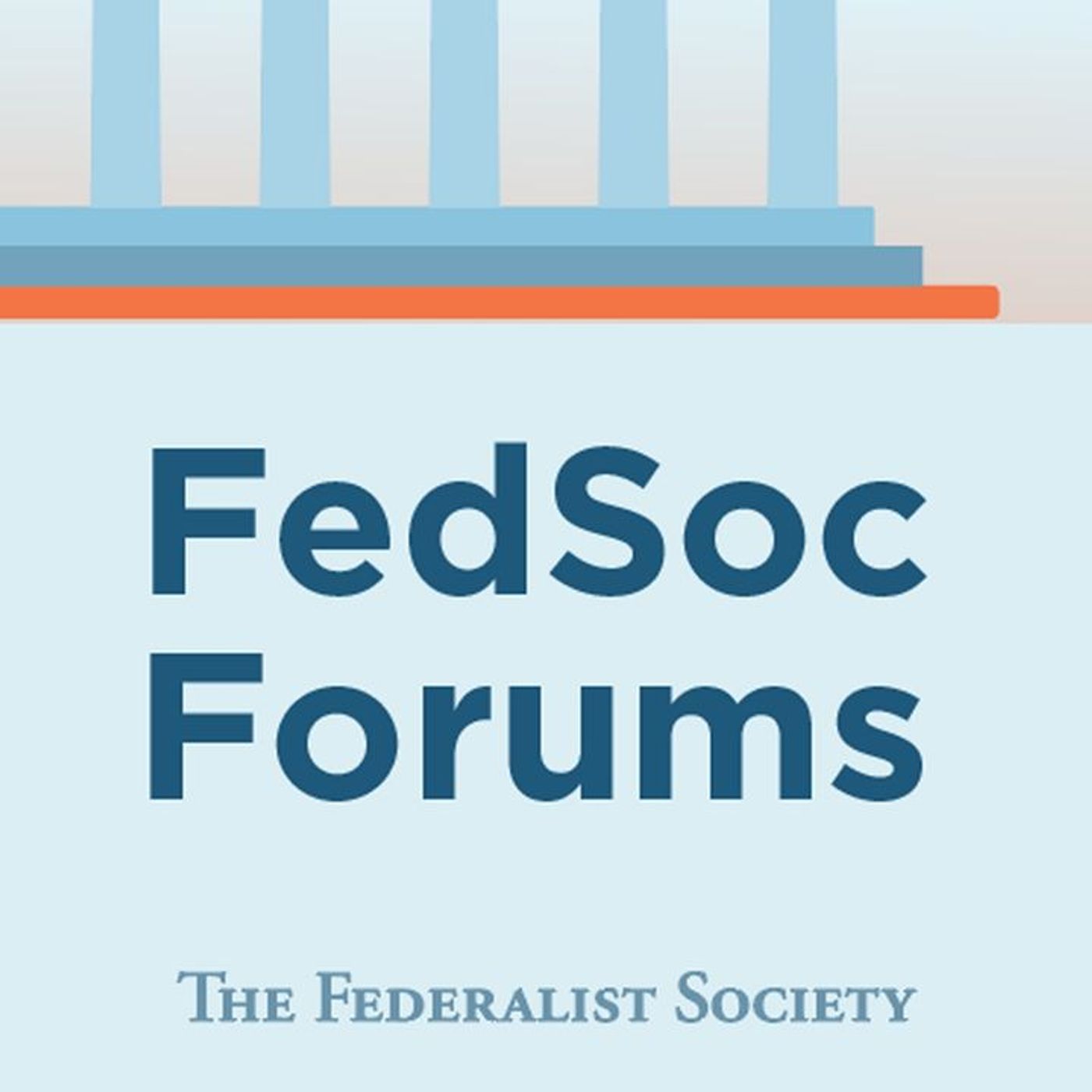Litigation Update: Free Speech Rights of K-12 Students
Description
The free speech rights (or lack thereof) of K-12 students has always been a unique area in the realm of First Amendment litigation. Cases like Tinker v. Des Moines Independent Community School District from 60 years ago established that students do not leave their First Amendment rights at the schoolhouse gate, though subsequent cases have articulated that those First Amendment rights are not inherently co-extensive with the rights of adults. Schools often implement policies aimed at preserving the safety of students or that seek to limit “offensive” or “inappropriate” messaging which can constrain or inhibit the free speech of their students. To what degree that restriction of a constitutional right is permissible has become a question for the courts in a series of cases where students (or their representatives) are challenging school policies on the basis of alleged unconstitutional restriction of students’ First Amendment rights.
Join us for an update on several of these cases including:
D.A. v Tri-County Area Schools (Michigan student forbidden from wearing a "Let's Go Brandon Sweatshirt.") -
L.M. v Town of Middleborough (Massachusetts school forbade student from wearing "There are only two genders" tshirt).
B.B. v Capistrano Unified School District (California school punished kindergartner over "All Lives Matter" in drawing).
Featuring:
Conor Fitzpatrick, Supervising Senior Attorney, Foundation for Individual Rights in Education (FIRE)
Tyson Langhofer, Senior Counsel, Director of Center for Academic Freedom, Alliance Defending Freedom
Caleb Trotter, Attorney, Pacific Legal Foundation
(Moderator) Casey Mattox, Vice President, Legal Strategy, Stand Together
More Episodes
In September, the Department of Justice announced that it would withdraw its 1995 bank merger guidelines and apply its 2023 merger guidelines for all industries, a move that some have interpreted as signaling stricter review of bank mergers. At the same time, Congress is considering the “Credit...
Published 11/05/24
Published 11/05/24
In 1906, Congress passed the Antiquities Act, which gives the President the authority to set aside federal land to protect "objects of historic or scientific interest." Presidents have since used the Act in increasingly broad ways, setting aside millions and millions of acres to protect broader...
Published 11/05/24


